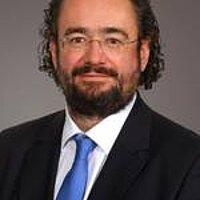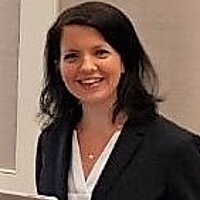There are different perspectives. We research collaboratively.
In our network, researchers who are experts both in subject-matter teaching and learning research and the natural, cultural or social sciences, the arts or physical education, meet on equal terms with researchers who are experts in educational science, psychology or sociology.
Speakers
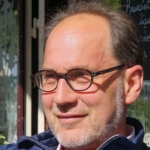
Prof. Dr. Alexander Renkl (KeBU speaker)
Faculty of Economics and Behavioural Sciences, Department of Psychology
University of Freiburg
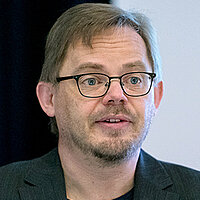
Prof. Dr. Timo Leuders (KeBU speaker)
Faculty of Mathematics, Natural Sciences and Technology, Institute for Mathematical Education
University of Education Freiburg
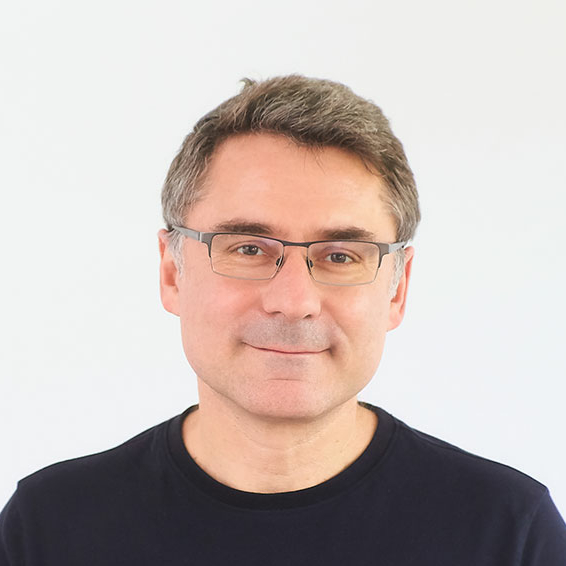
Prof. Dr. Matthias Nückles (Co-speaker)
Faculty of Economics and Behavioural Sciences, Department of Educational Science
University of Freiburg

Prof. Dr. Katharina Loibl (Co-Speaker)
Faculty of Educational Sciences, Institute of Psychology
University of Education Freiburg
Management
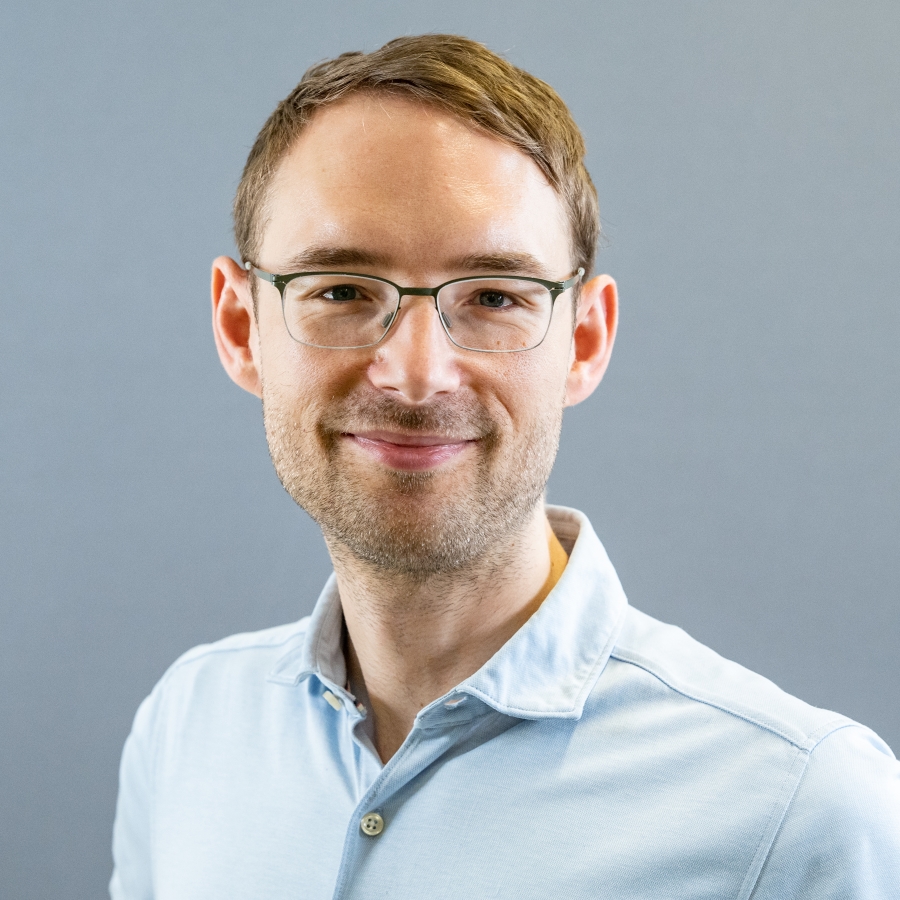
Dr. Michael Wiedmann
University of Education Freiburg
University of Education Freiburg
Prorectorate Research
Kunzenweg 21
79117 Freiburg
E-mail: michael.wiedmann[atnospam]ph-freiburg.de
KeBU members

Prof. Dr. Uwe Bittlingmayer
Faculty of Educational Sciences, Institute of Sociology
University of Education Freiburg
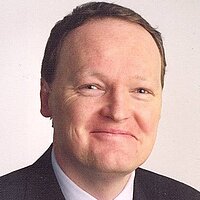
Prof. Dr. Thomas Martin Buck
Faculty of Cultural and Social Sciences, Institute of Politics and Historical Studies
University of Education Freiburg
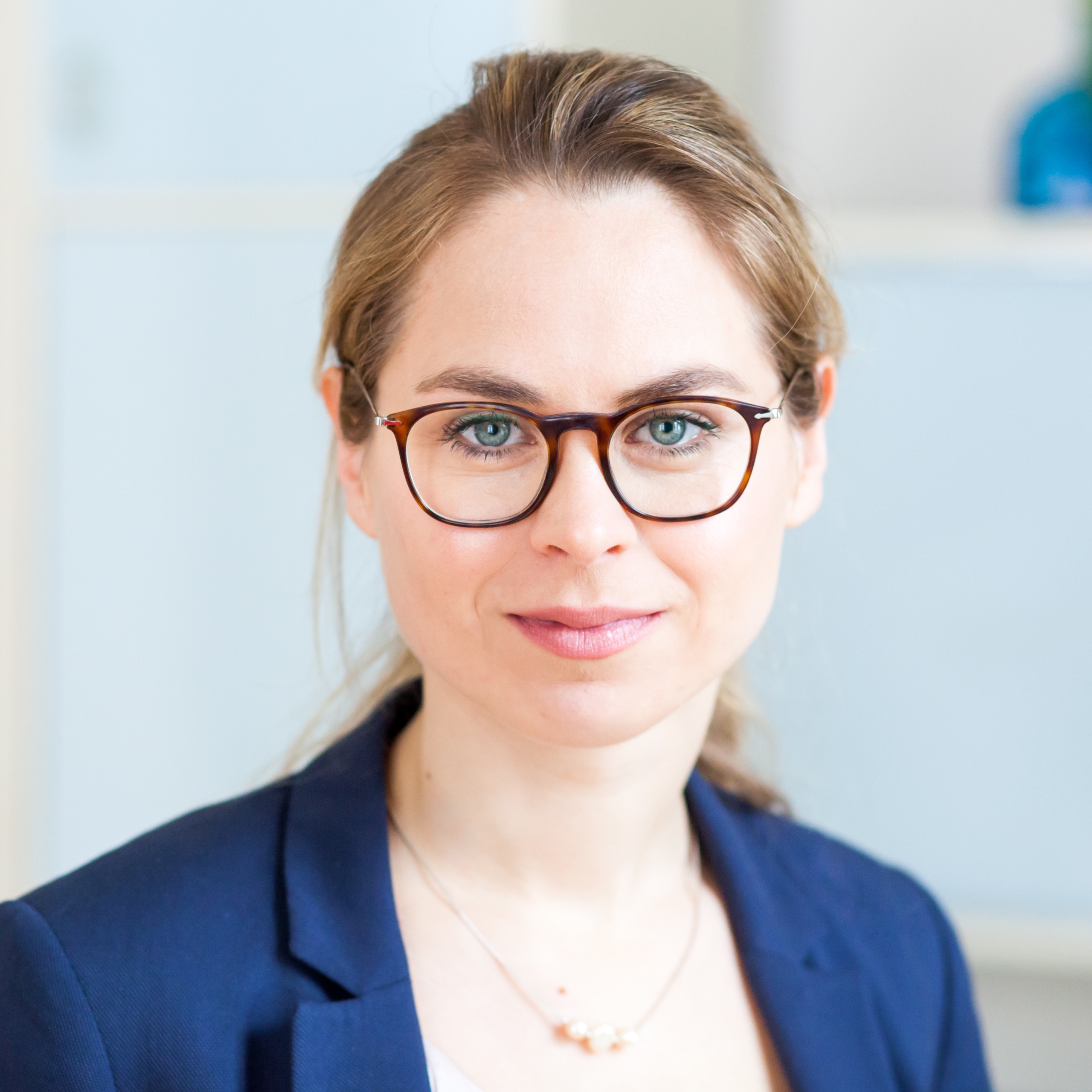
Prof. Dr. Anika Dreher
Faculty of Mathematics, Natural Sciences and Technology, Institute for Mathematical Education
University of Education Freiburg

Prof. Dr. Tim Freytag
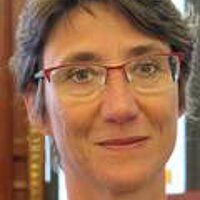
Prof. Dr. Bettina Fritzsche
Faculty of Educational Sciences, Institute of Educational Science
University of Education Freiburg
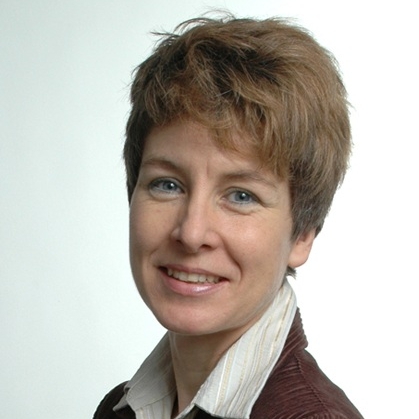
Prof. Dr. Petra Gretsch
Faculty of Cultural and Social Sciences, Institute for German Language and Literature
University of Education Freiburg
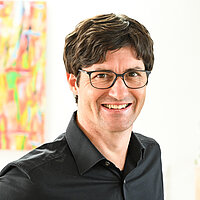
Prof. Dr. Lars Holzäpfel
Faculty of Mathematics, Natural Sciences and Technology, Institute for Mathematical Education
University of Education Freiburg
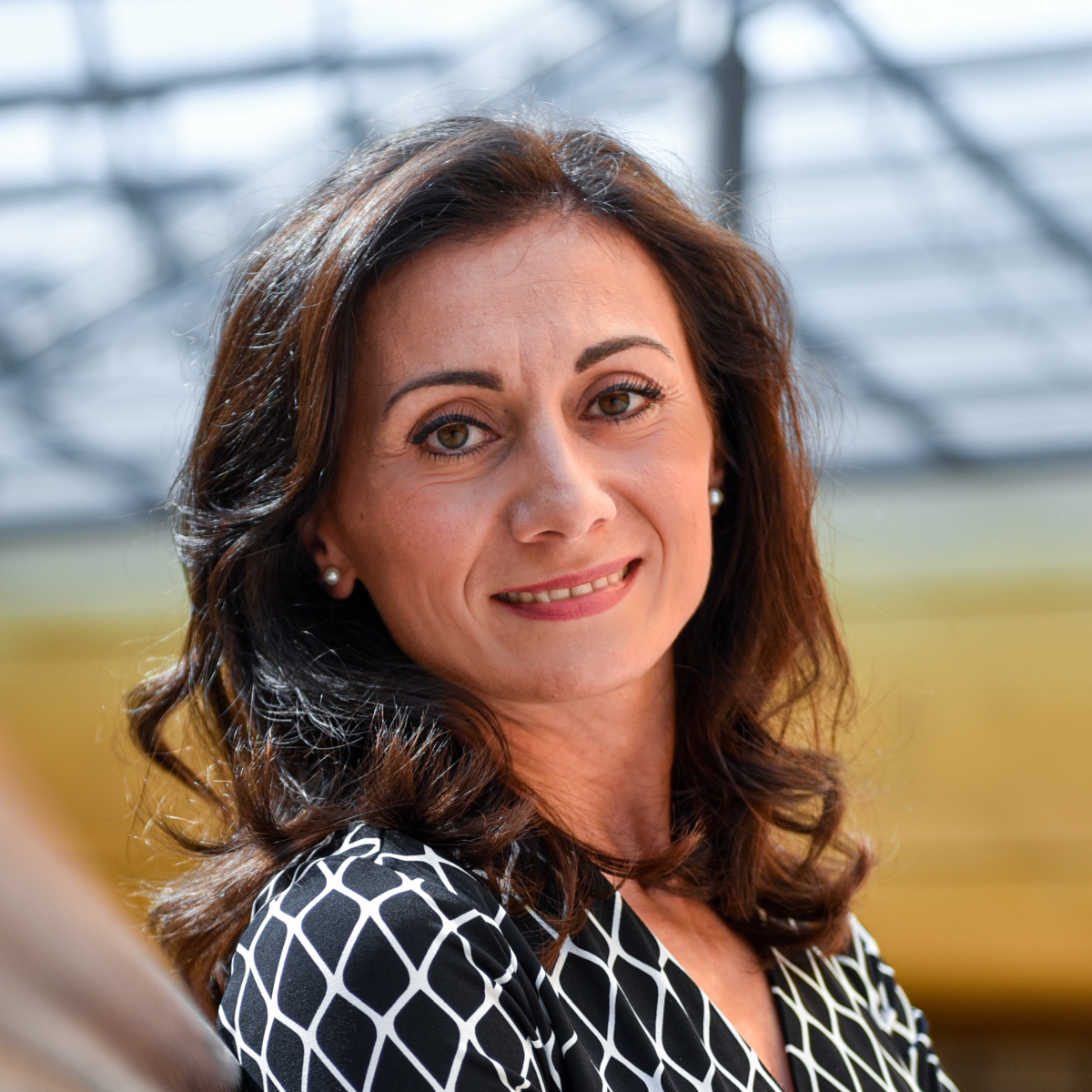
Prof. Dr. Zeynep Kalkavan-Aydın
Faculty of Cultural and Social Sciences, Institute for German Language and Literature
University of Education Freiburg
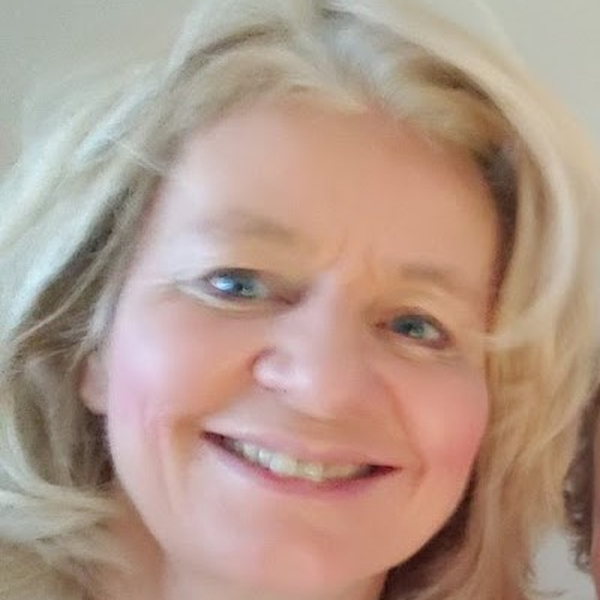
Prof. Dr. Susanne Koerber
Faculty of Educational Sciences, Institute of Psychology
University of Education Freiburg
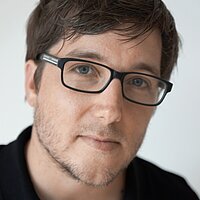
Prof. Dr. Andreas Köpfer
Faculty of Educational Sciences, Institute of Educational Science
University of Education Freiburg
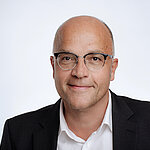
Prof. Dr. Hans-Georg Kotthoff
Faculty of Educational Sciences, Institute of Educational Science
University of Education Freiburg
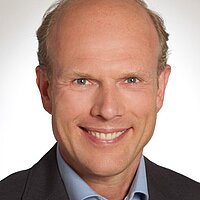
Prof. Dr. Josef Künsting
Faculty of Educational Sciences, Institute of Psychology
University of Education Freiburg
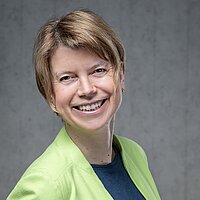
Prof. Dr. Katja Maaß
Faculty of Mathematics, Natural Sciences and Technology, Institute for Mathematical Education
University of Education Freiburg
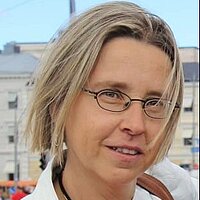
Prof. Dr. Silke Mikelskis-Seifert
University of Education Freiburg
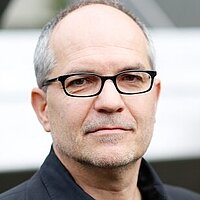
Prof. Dr. Christoph Mischo
Faculty of Educational Sciences, Institute of Psychology
University of Education Freiburg
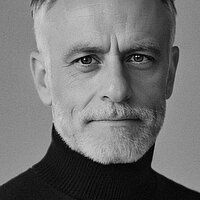
Prof. Dr. Josef Nerb
Faculty of Educational Sciences, Institute of Psychology
University of Education Freiburg

Prof. Dr. Rolf Plötzner
Faculty of Educational Sciences, Institute of Psychology
University of Education Freiburg
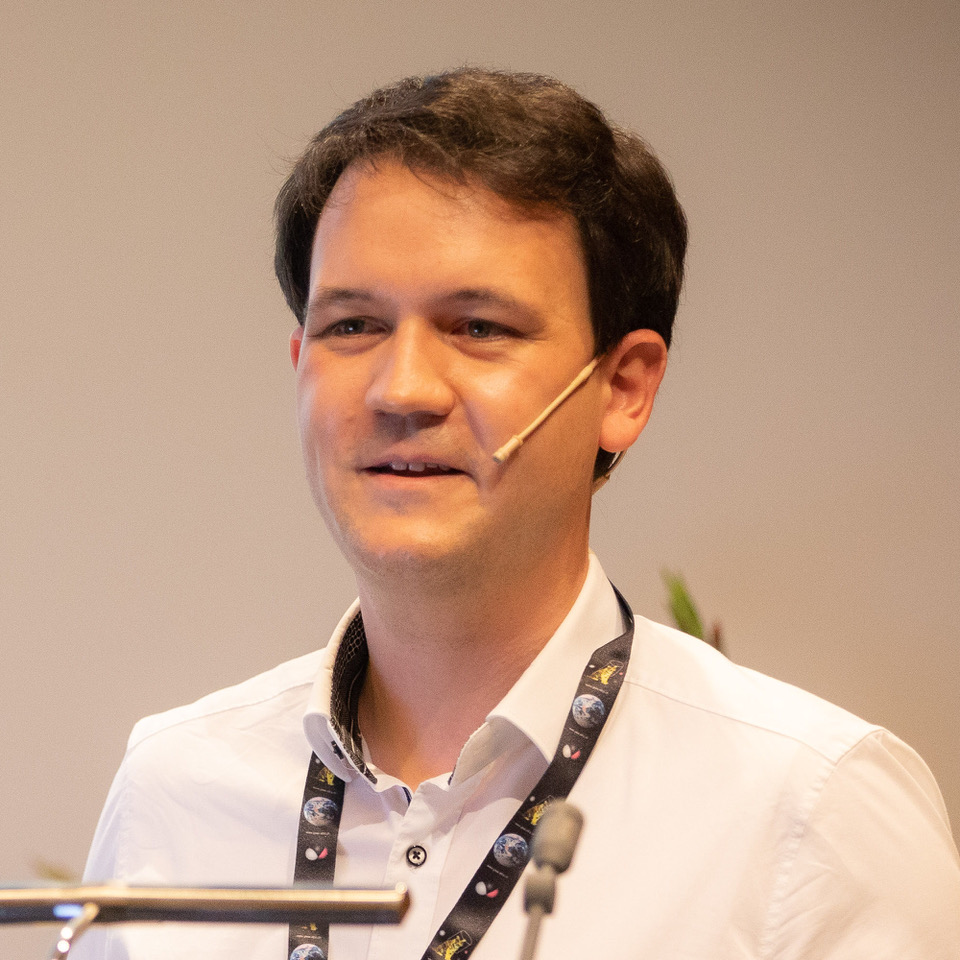
Prof. Dr. Frank Reinhold
Faculty of Mathematics, Natural Sciences and Technology
Institute for Mathematical Education
University of Education Freiburg
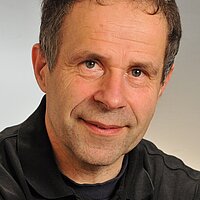
Prof. Dr. Werner Rieß
Faculty of Mathematics, Natural Sciences and Technology, Institute of Biology and its Didactics
University of Education Freiburg
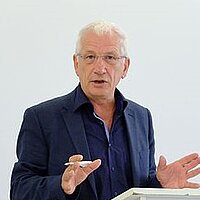
Prof. Dr. Albert Scherr
Faculty of Educational Sciences, Institute of Sociology
University of Education Freiburg
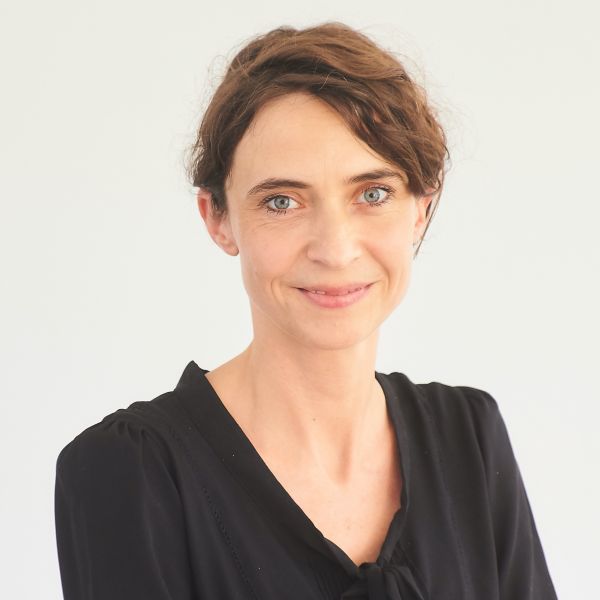
Prof. Dr. Thamar Voss
Faculty of Economics and Behavioural Sciences
Department of Educational Science
University of Freiburg
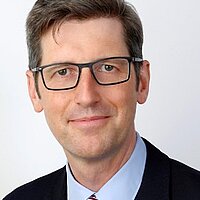
Prof. Dr. Markus Wirtz
University of Education Freiburg
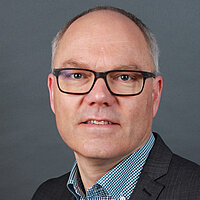
Prof. Dr. Gerald Wittmann
Faculty of Mathematics, Natural Sciences and Technology
Institute for Mathematical Education
University of Education Freiburg
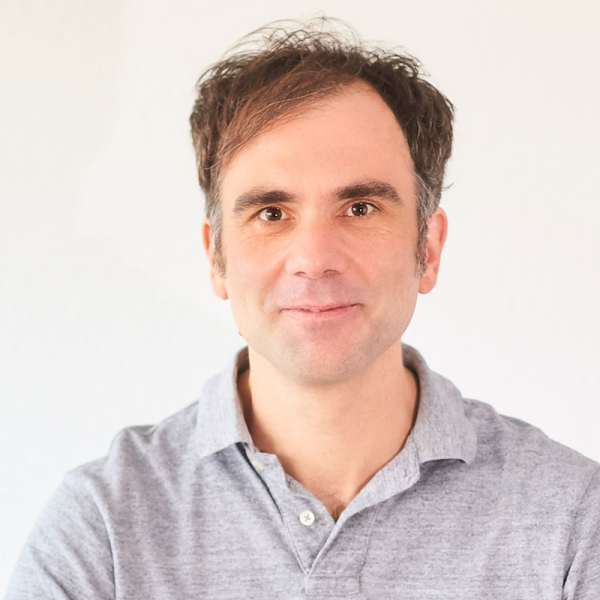
Prof. Dr. Jörg Wittwer
Faculty of Economics and Behavioural Sciences
Department of Educational Science
University of Freiburg


